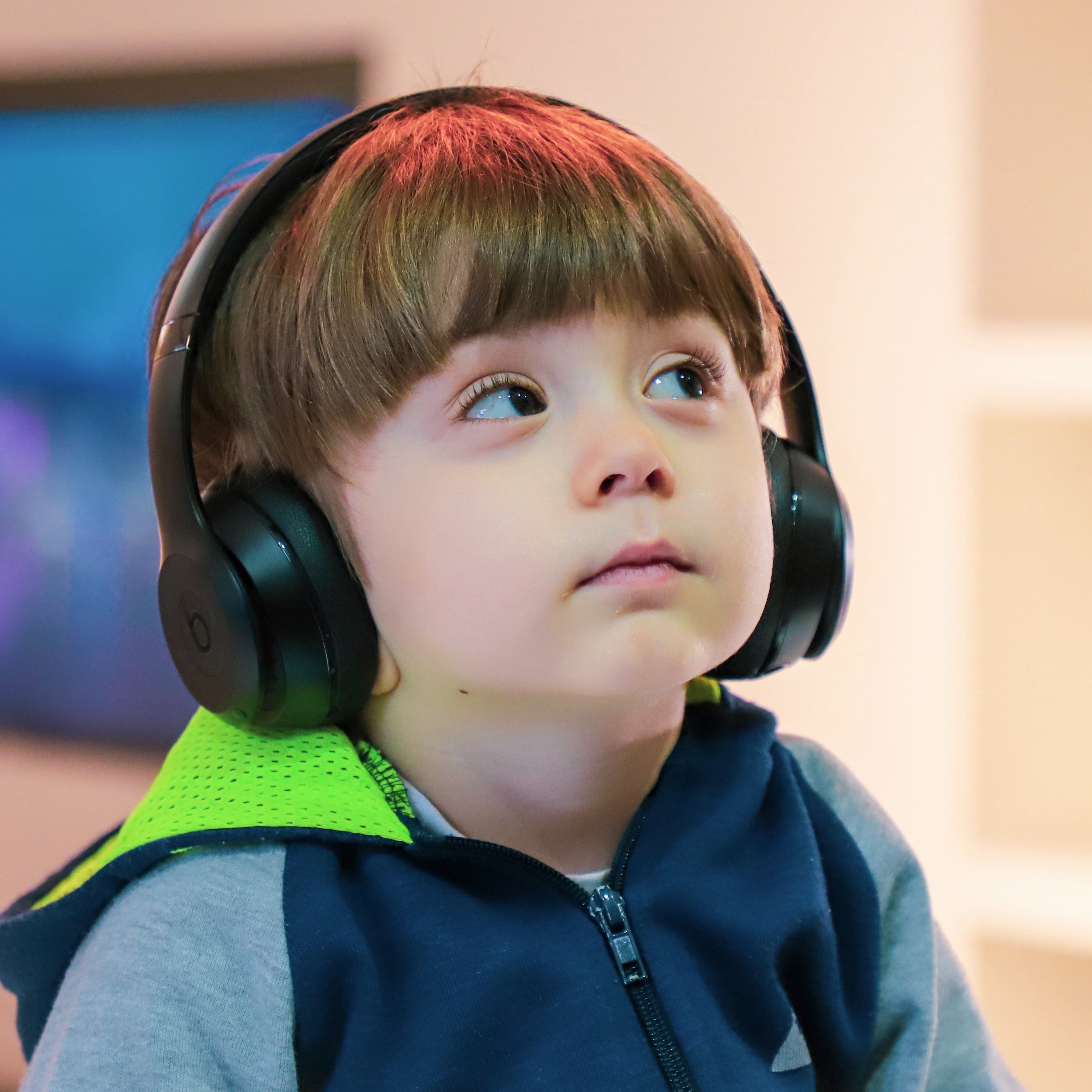Autism is a developmental condition which usually affects the way a person communicates, relates to others, and experiences the world around them.
The medical name for autism is Autism Spectrum Disorder (ASD). Some people on the autism spectrum prefer the term Autism Spectrum Condition (ASC).
Early Signs of Autism
Signs of autism in infants and toddlers include: lack of eye contact, not responding to their name, becoming very distressed at certain sounds, smells and tastes, and delayed language. Additionally, young autistic children tend to seem as though they are more interested in objects than other people.
Children on the spectrum often engage in repetitive or ritualistic behaviour, and can become distressed when changes are made to their environment or routine. Autistic children may develop special interests which bring them a lot of joy.
The Sensory Side of Autism

Autistic people tend to process the world around them in different ways to non-autistic people. Their senses (including sight, sound, smell, and touch) may be over-sensitive or under-sensitive.
When certain senses are over-sensitive, a person is more likely to experience sensory overload. When senses are under-sensitive, a person may not notice certain aspects of the environment.
Some autistic people are sensory cravers, which means that they will seek out certain types of sensory input.
Sensory processing differences can present challenges for people on the spectrum, but they can also contribute to unique strengths and abilities. For example, autistic people are often good at recognising details, finding patterns, analysing and systematising.
Autistic children and adults often find joy in aspects of the environment which other people don’t notice.

The Ups and Downs of Autism
Every autistic person is unique, and each person experiences their autism in a different way. For many individuals, autism has both positive and negative aspects. At Little Talks, we believe that autism is not a barrier to leading a full and happy life, as long as the individual is supported in the right way.
Attitudes towards autism have changed a lot over time. In recent decades, the neurodiversity movement has challenged the idea that autism is a ‘disorder’ which needs to be ‘cured’. Instead, the neurodiversity movement sees autistic people as having their own unique needs. When their needs are met, they can thrive just as well as non-autistic people.
At Little Talks, we support the idea that people on the spectrum should not be pushed to fit into a certain idea of what is ‘normal’, Instead, they should be supported to lead a full and happy life in a way which honours their individual strengths and needs.
Respect for neurodiversity is central to our philosophy at Little Talks. Click here to read more about our mission and our values. Click here to read more about the approach we use when supporting autistic children and their families.
You can find more information about autism from the NHS, Scottish Autism and National Autistic Society websites.

